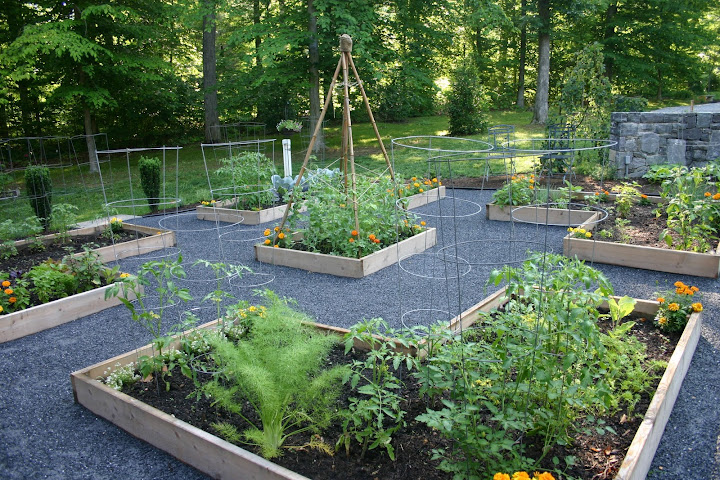I never did read Thoreau's Walden. My education is strangely better - and yet curiously lacking - than a more "stable" education, conducted within, say, an hour's drive of the general starting place of first grade. Twelve schools by high school graduation, in 2 languages, multiple states and countries, leaves a distinctive mark. My curious deficiencies include an uncertainty in multiplication (I was learning German at the time) and not having read, e.g., Thoreau's Walden, Salinger's Catcher in the Rye, or Lucy Maude Montgomery's Anne of Green Gables. Until adulthood, anyway.
Here's one section, where Thoreau - describing his construction in the woods - considers the importance of home construction to the human person. How interesting!
It would be worth the while to build still more deliberately than I did, considering, for instance, what foundation a door, a window, a cellar, a garret, have in the nature of man, and perchance never raising any superstructure until we found a better reason for it than our temporal necessities even.By the way, the whole book is available online (his work has passed into the public domain at this point, so it's royalty-free), here. You can either download it, or read it directly online.
There is some of the same fitness in a man's building his own house that there is in a bird's building its own nest. Who knows but if men constructed their dwellings with their own hands, and provided food for themselves and families simply and honestly enough, the poetic faculty would be universally developed, as birds universally sing when they are so engaged?
But alas! we do like cowbirds and cuckoos, which lay their eggs in nests which other birds have built, and cheer no traveller with their chattering and unmusical notes. Shall we forever resign the pleasure of construction to the carpenter? What does architecture amount to in the experience of the mass of men?
I never in all my walks came across a man engaged in so simple and natural an occupation as building his house. We belong to the community. It is not the tailor alone who is the ninth part of a man; it is as much the preacher, and the merchant, and the farmer. Where is this division of labor to end? and what object does it finally serve?
No doubt another may also think for me; but it is not therefore desirable that he should do so to the exclusion of my thinking for myself.
I think I'm going to have to get myself a copy. A nice edition. To linger over.
In the library!
(Meanwhile, I think I must learn a bit more about construction - and especially brick and stone masonry. I have every intention of turning my hands to this enterprise. Much to the horror of Tom-builder, I feel certain. Not to mention the mason.)







No comments:
Post a Comment